Full Goran Ivanisevic interview: “I was ready to even die for Novak”
Coach of Djokovic for five years, Ivanisevic discusses the ups and downs of his time with the man he calls one of the greatest athletes of all time
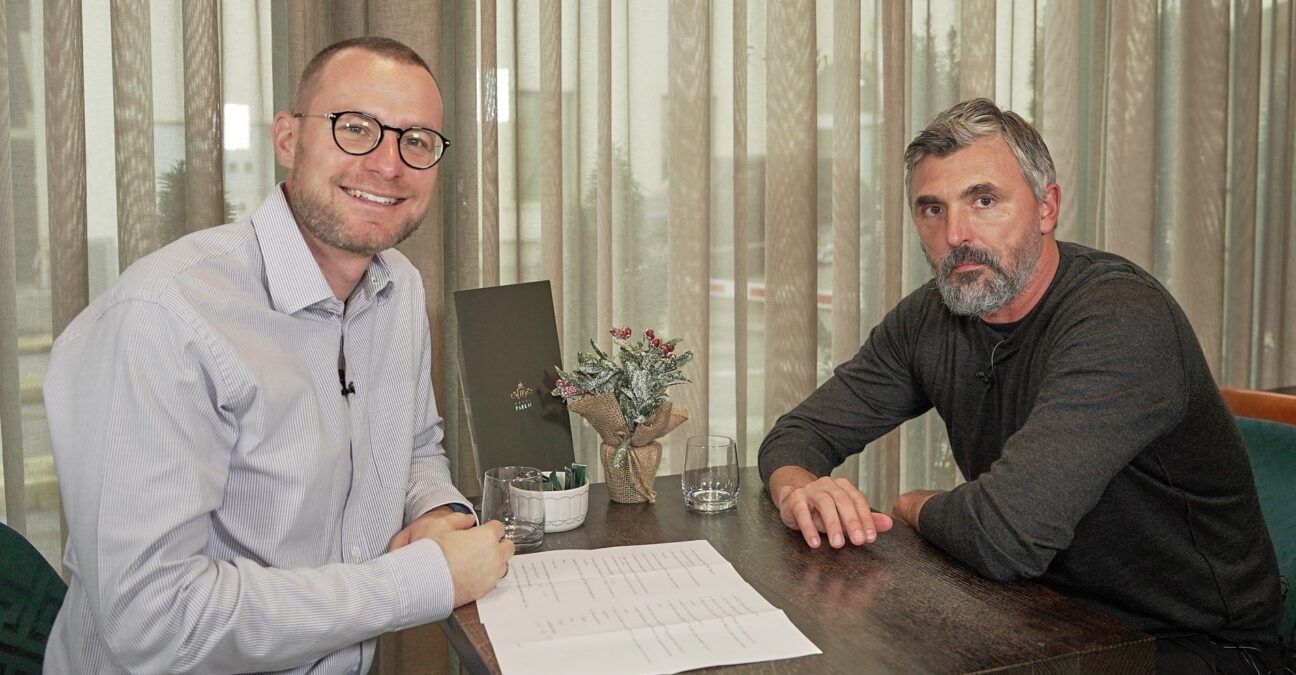 @ Sport Klub
@ Sport Klub
After five years together, Goran Ivanisevic and Novak Djokovic parted ways last month. The split was amicable, full of respect on both sides, a natural conclusion to one of the most successful player-coach partnerships in history.
As world No 1 Novak Djokovic prepares to begin his clay-court season at the upcoming Monte-Carlo Masters, Ivanisevic sat down for an interview with Sasa Ozmo and Sport Klub in which he discussed the highs and lows of being alongside the world’s greatest player.
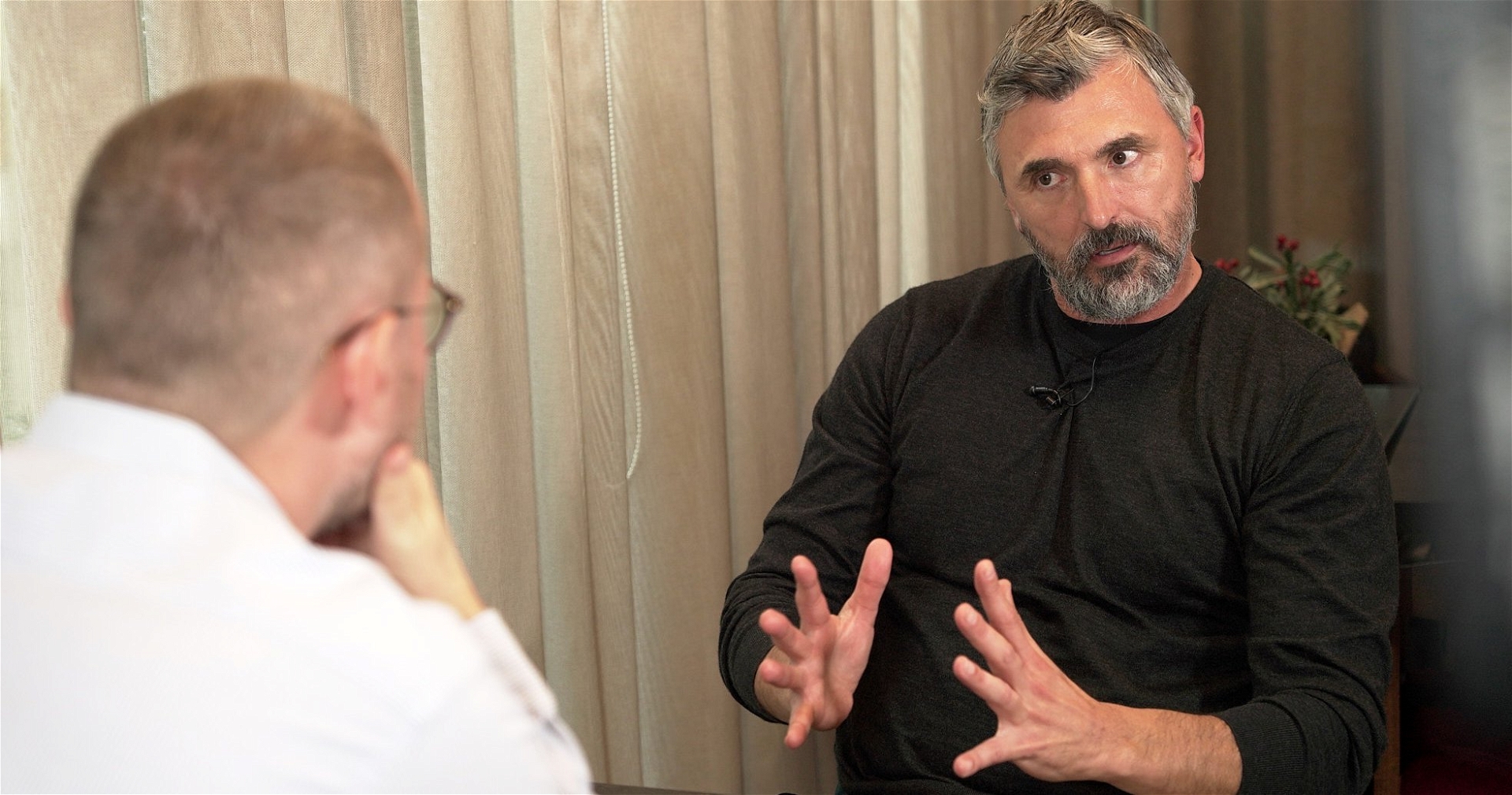
Here is the translation of the full interview:
OZMO: I’ll start with something that you said before you began to work with Novak Djokovic and on several occasions throughout your tenure as his coach, that being on his team is like being on the bench of Real Madrid. So tell me how was it being on Real’s bench for almost five years?
IVANISEVIC: Well, it was exciting, a great honour, a big responsibility, I am very proud. It was turbulent, not regarding our collaboration, but turbulent because of everything that happened. We were joking in the team, wherever I go there always follows some shit and unfortunately that’s exactly how it started from 2019: the shoulder injury at the US Open, then everything that followed with the coronavirus… But, he is an institution, Novak Djokovic is the greatest tennis player of all time, actually one of the greatest athletes of all time.
I get that people have the need to write something, say something, give advice, leave comments, I mean, you are always in the spotlight, as the coach you are always to blame, when Marian (Vajda) was there we shared that together but when he left I was left alone in the firing line. (laughing) However, I am eternally grateful to Novak, he offered me an opportunity and I made the most of that opportunity. The results speak for themselves, no one can ever take them away or erase them, they are written in black and white. All in all, five wonderful years.
OZMO: We will of course go through all of those situations, both good and bad, but to start with, what everyone is interested in: what is the actual reason for ending the collaboration now? Novak mentioned some feelings of saturation…
I became tired of him, he became tired of me; in any case I didn’t feel like I could help him anymore.
IVANISEVIC: Well I read a lot of those… I repeat again, people just have to write something, unfortunately no one was even close to getting it. I mean, there isn’t really a “real” reason. One reason is indeed a sense of saturation/fatigue, this really was a difficult and intense five years. People forget that period during the coronavirus, they forget that he was at one moment labelled as the greatest villain on the planet because of his vaccination status. So then we weren’t allowed in this country, then that country, then we travel over here… I mean, we were always in some sort of limbo – playing, not playing, ready again, then changing restrictions which forbid us from playing and we can’t travel there. Not to mention Australia and all of that mayhem.
So yes, we reached a certain level of saturation, as I like to say: “material fatigue”, just as a car needs a regular service and tune up, basically I became tired of him, he became tired of me; in any case I didn’t feel like I could help him anymore. Even so, when we add it all up together, we achieved great things for ourselves and for tennis.
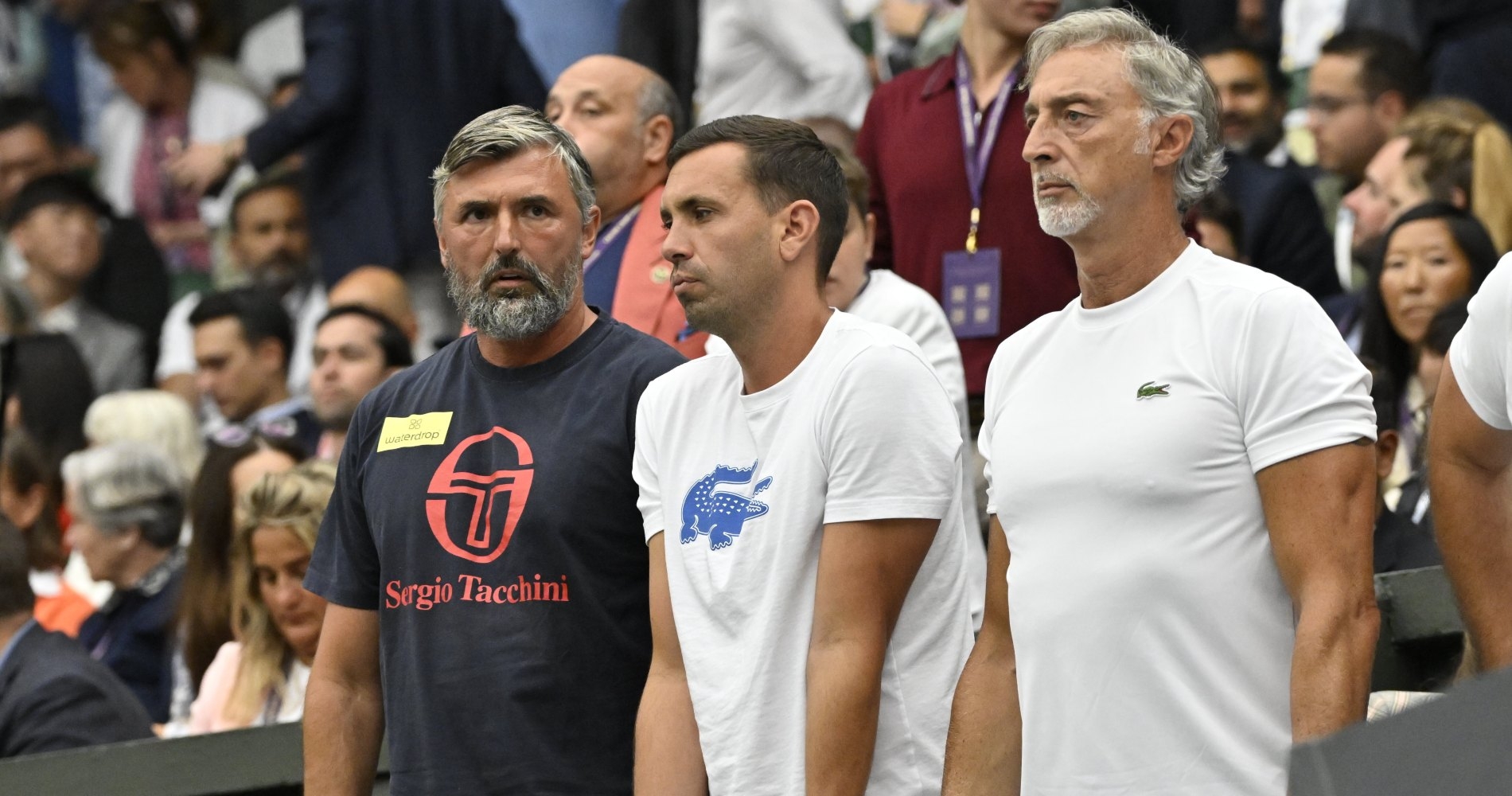
OZMO: Did all of this occur now in America or has it been brewing for a while?
IVANISEVIC: No it wasn’t now in America, I mean, it never really “occurred”. I first noticed the feeling, if I’m being completely honest, last year in America. I won’t say as far back as Wimbledon, but that Wimbledon, of course the player is always most affected, but as a coach that loss really hit hard. Of course, all congratulations to (Carlos) Alcaraz, at the end of the day he was the better player, but one or two points here and there it could have easily turned out different, I won’t go into it now. We then went to America, and it goes without saying, an incredible run there – that finals match against Alcaraz in Cincinnati, winning the US Open; however, that’s when I really began to feel that the end was near. It was only a question of whether that would be at the end of the year, or at some point in this year, and just now in America when I spoke to Novak he said something good – there is no right or wrong moment, there is only that moment when it happens, when two people agree it is time. Maybe in hindsight you could say it should have been at the end of last year but after the US Open, I had that operation on my knee, I wasn’t there for six to seven weeks, I wasn’t there for Paris Bercy, Turin came after that.
… All in all, there was that gradual fatigue building up in me, in him, but people make out like our relationship and communication was particularly turbulent, which just isn’t true. Novak is just like that, it was the same with (Boris) Becker, and with Marian, that’s just simply how he functions. His communication, which we spoke about a hundred times already, on the court during a match, everything was allowed. That never even bothered me, his shouting, half of it I couldn’t even hear, I mean those are big courts, there’s a lot noise…
OZMO: That is one topic that was often brought up…
IVANISEVIC: Well that was always brought up – coaching, no coaching… coaching exists in tennis for thirty years already, only now it’s supposedly allowed on the side where the coach is sitting, it’s not allowed if you’re on the other side of the court and you can get a warning. But nothing has really changed from thirty years ago, everyone was approaching the players box, talking, just the umpire was more lenient… There are a lot of funny and interesting examples. He never really liked to come up to our box to ask something, he always preferred to shout from thirty metres away and of course I could never hear him, I could barely hear myself with all the noise coming from behind me in the rest of the stadium, so it was difficult. Now the example. He would lose serve in a tough game where he was really serving well, but he missed a few forehands, the opponent returned well…and now he’s yelling “What’s wrong with my serve?!”, but I can’t be singing for five seconds back to him that there’s nothing wrong with the serve and that the problem is with the forehand. However, as I’m thinking up ways to communicate that to him, he’s already asking “What’s up with my return?!”, but we haven’t finished solving the problem with neither the forehand, or his perceived problem with the serve, even though there isn’t one, yet we’ve somehow ended up on the return. So we’re basically back to square one.
I was always known for having the “thinnest” or quietest voice so it was difficult to hear me, so we agreed that I would tell Miljan (Amanovic, his physiotherapist), who has the most penetrating voice, and he would then communicate what I said to Novak. The aim was obviously always to win the match. There are a lot of factors which can influence the match, we could look up and see a rain cloud and we would wonder whether something would click in his mind, those are subtle things where you have to react within seconds, and it’s not so easy.
We are also under stress, the heat can get to us… A funny story from Adelaide last year when he played in the final against (Seb) Korda – the sun beating down, we can’t see well, mayhem on the court, Korda playing unbelievable, Djokovic loses the first set, it’s neck and neck in the second, Korda is clearly better in that moment, shadows on the court, I mean, its crazy, and we’re all in close proximity, he’s barely a metre away from us. Now he’s demanding what’s wrong with his game, I’m replying, then Charly (Gomez, his hitting partner), then in one moment he’s shouting at Novak’s brother who is also there: “Mare, tell me, what’s not working?”, and Mare pauses and looks at him for about three seconds before telling him “Find the inner peace within you.”
Novak turns to us and I’m wondering who he is going to kill first – me, Mare, or Charlie. Five minutes pass and he really finds it, the flow of the match changes and he ends up winning. We were all laughing about it after but he said that that really helped him. What I’m trying to say is, it doesn’t matter what’s said in the moment, those are big matches and big moments, I understand that mayhem and that’s why I never minded it. So what that he’s yelling? You have to release that energy somehow and that for me is normal. I was a player once, I know how it is, that’s what worked for him……
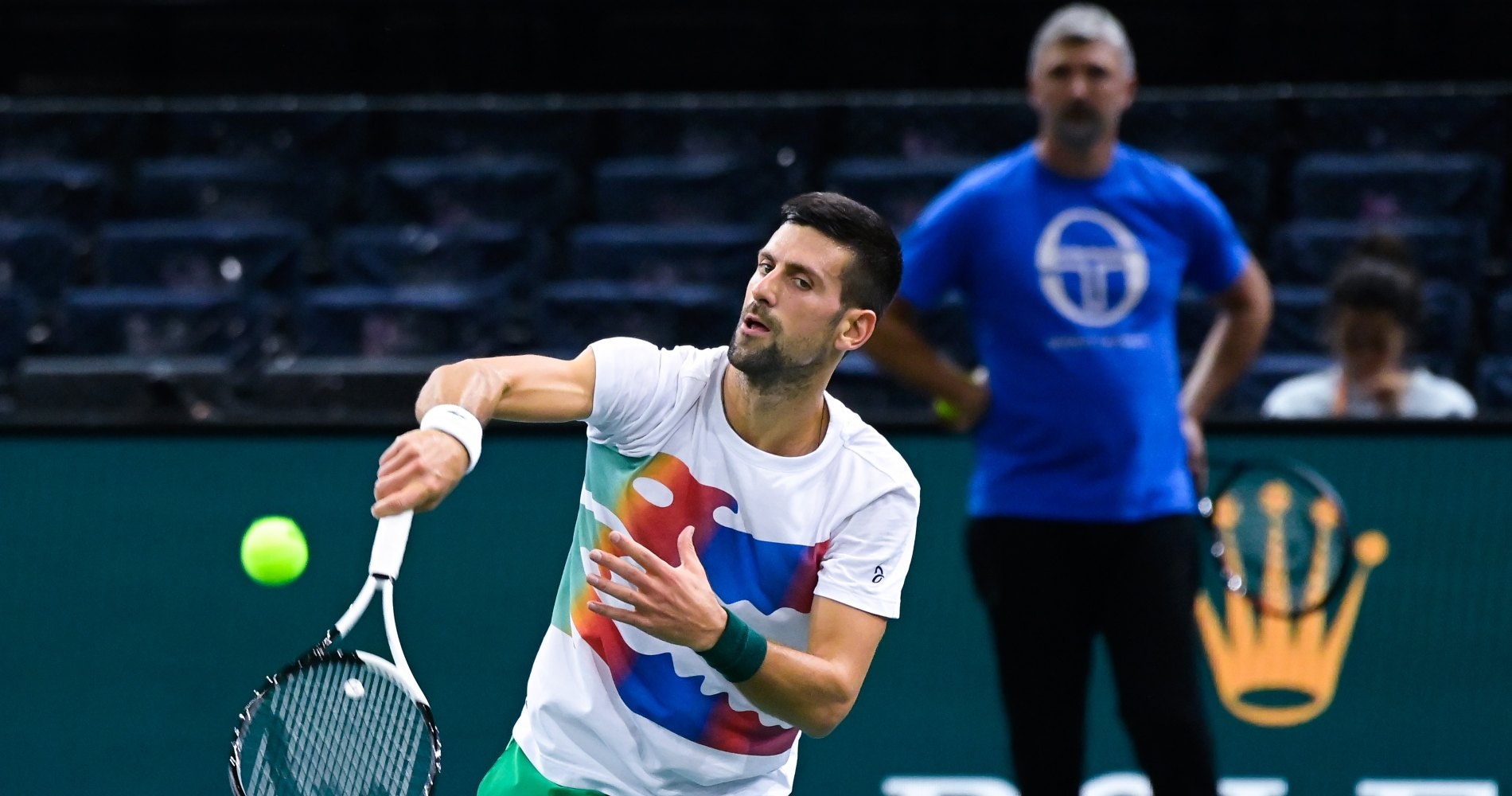
OZMO: Did you ever talk about that after matches and about how his shouting and yelling is a topic in the media?
IVANISEVIC: Well he knows about all that, he is aware. A few times we spoke about it before a match where we knew that the atmosphere would be against him so we would say “look, the public will be against you, they’re just waiting for you to slip up so that they can provoke you even more”, so we would advise him to try and not be so reactive, to find ways to calm himself, some other way to decompress, but of course to shout sometimes when necessary, so we knew when it was the moment or not the moment.
Often it’s hard during the match to control yourself depending on how the match is going, sometimes it helped and other times he wasted too much energy, but again on the other hand he’s such a genius he usually finds a way to win. Apparently it also wasn’t good when he wasn’t t shouting, people were wondering what was going on, there must be some argument, it never was enough for people whatever he did on court.
I don’t know what happened in that semi-final in Australia, he wasn’t himself, and Sinner is too good to not come into the match at near 100 percent.
Goran Ivanisevic
OZMO: Can you tell us more about that final conversation in Miami, how long did it take and what was said?
IVANISEVIC: Well, I won’t share exactly what was said but at the end of the day I’m glad I went to America. In Australia I was already pretty fatigued, not just because he lost in the semi-final, he could have won it, and then the stories began about what a tragedy it was that he lost in the semi-final. I mean come on people, nothing tragic happened, it’s not like he lost in the first round, he lost to a young guy who was better, well prepared for everything, I don’t know what happened to Djokovic in that match, he wasn’t himself, and Sinner is too good to not come into the match at near 100 percent, even at 100 percent nothing is guaranteed.
OZMO: When you looked back at that match did you manage to identify why he wasn’t himself? Because it wasn’t so much the fact that he lost to Sinner but rather the manner in which he did, it could have easily been 3-0 for Sinner.
IVANISEVIC: Yes it really could have ended up as a beat down, he did manage to win that third set and I thought that he might get going then but again there was no real emotion in that fourth set. Throughout that whole period in Australia he was a bit hot and cold, first couple of rounds struggling, then against Mannarino and Etchverry better, against Fritz one or two good sets, then one or two bad sets… I mean his level is so high that he could beat those players with one leg. However, against Sinner, Alcaraz, (Daniil) Medvedev, you have to show up. If Novak A turns up, that’s one thing, if Novak B turns up then we have a problem. Well, he has a problem, I’m just on the side, well actually, I also have a problem (laughing), I’m always in trouble. Then begins the usual catastrophising, everything is bad, he hasn’t won a tournament yet, its already April and so on. Well in 2022 he didn’t win anything until Rome, nothing spectacular happened then. As far I can still see, he is No 1 in the world, he’s not No 50, he is No 1 and he will remain No 1 for weeks to come.
To come back to this American swing, I think if (Aleksandar) Vukic believed more he probably could have beaten him as well. That first set against (Luca) Nardi was maybe the worst set that I saw him play in these five years that I’ve been his coach. The second he won, and the third I have to admit that Nardi saw that he could beat him, he hit 16 winners, not taking anything away from him. Novak simply wasn’t ready for that battle, even though he really tried it just didn’t go his way. Nardi is actually really good, in my opinion he should be in the top 50 already.
That first set against (Luca) Nardi was maybe the worst set that I saw him play in these five years that I’ve been his coach.
We still had a great time in America regardless of the result, we were totally relaxed. I mean, who can blame him? Novak has won everything there is to be won in tennis. Finding motivation every day, I’m with him in the training sessions and I watch it, it’s not easy to come every day to training and to motivate yourself, its easier for the grand slams, but for these Masters it’s hard to train with intensity over and over again, even for a perfectionist such as he. It requires strength, passion, willpower… he wanted something different, to be more with family. We sat down together the next day to talk and I’m really glad that we did, after these five years in which we went through all sorts together, it was the only proper way to do it. Not by texting or calling. We sat down nicely, relaxed, we were laughing and talking, and for me it was important to tell him certain things about how I felt, he told me how he felt, and all of that was really nice. Fiver years I was beside him through the good, the bad, the detainment, the mayhem, everything.
Novak, when all the cameras are off and when he is most himself, he is a good person, he has a big heart. I was always ready to even die for him if it were necessary, he was fighting against the whole world. It wasn’t easy being his trainer in that moment, everywhere we went people were looking at us, at him like a villain. Of course, there were also people who gave their support, who came up to us telling us to stay strong. But there were many who were very rude, aggressive.
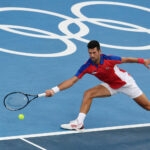
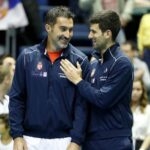
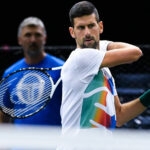
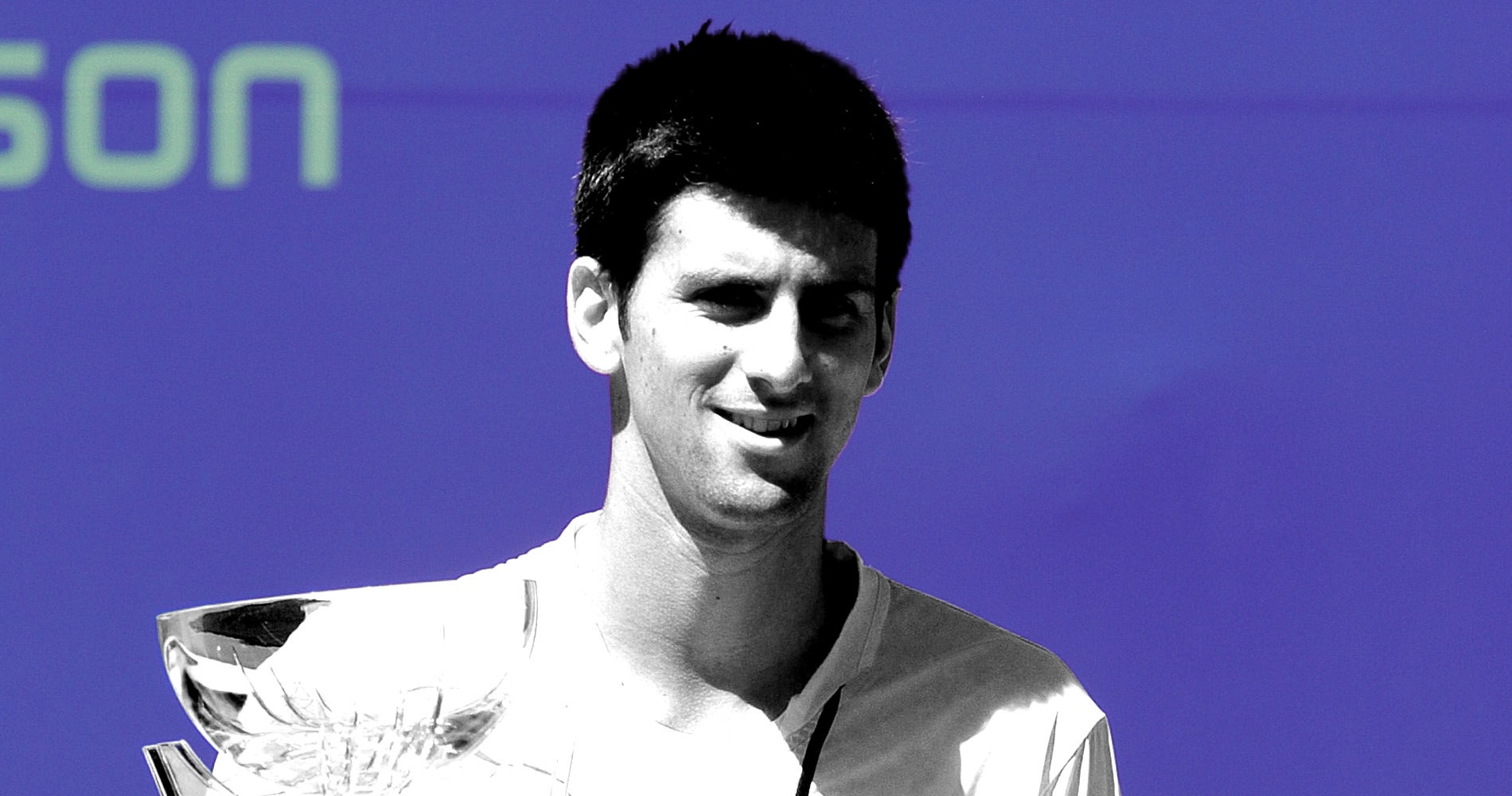
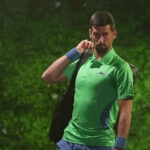
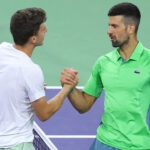
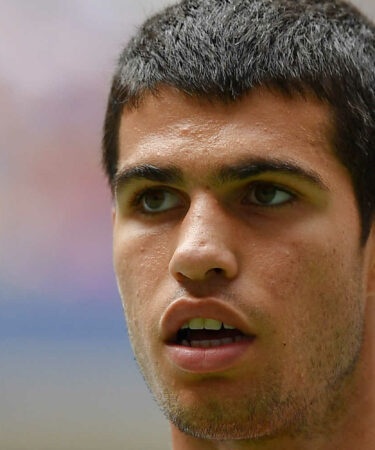
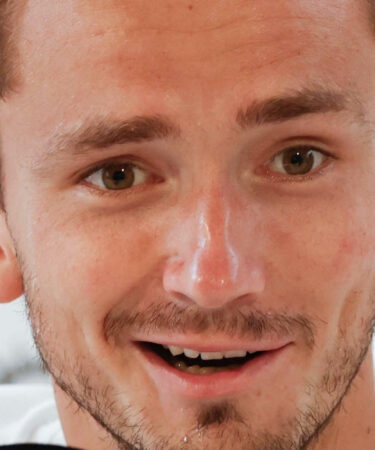
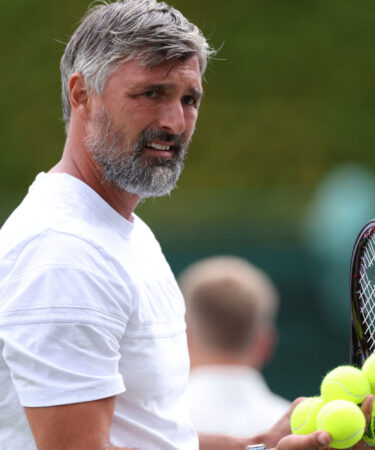
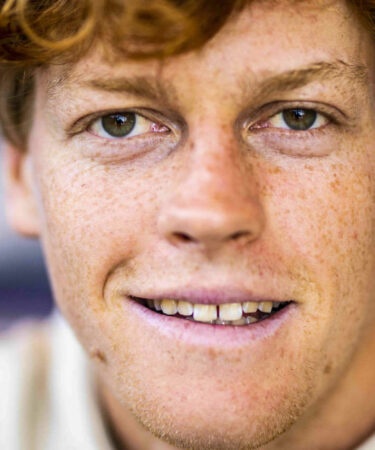
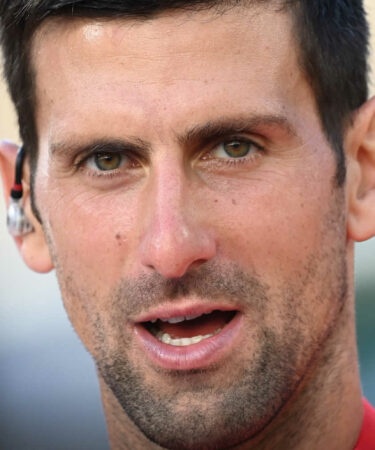
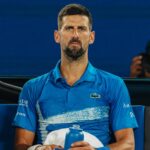
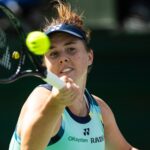
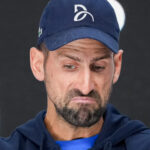
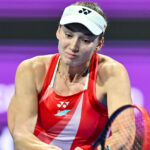
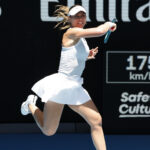
I became a die hard fan of DJ after his vaccination stand. So calling him “greatest villain on the planet” is ignorance. He is the great hero with a principle. Only time will tell if increase in sudden death due to cardiac arrest in young healthy people is due to vaccination.